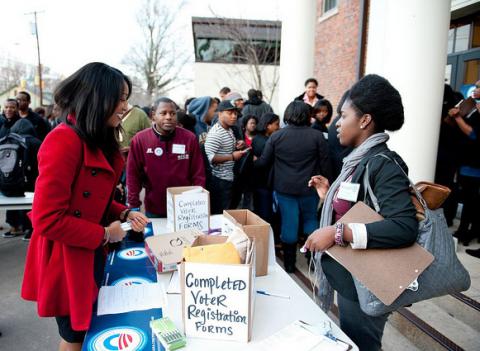With US Women Soon Eligible for Combat, the Draft Could Be Next
Christian Science Monitor

The US Supreme Court decided that it's constitutional to exclude women from registering for the draft because they're banned from combat units. That ban ends in 2016.




Spread the word